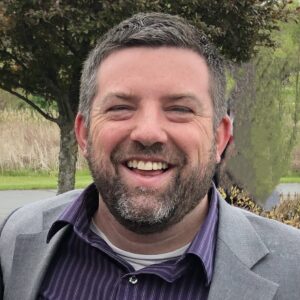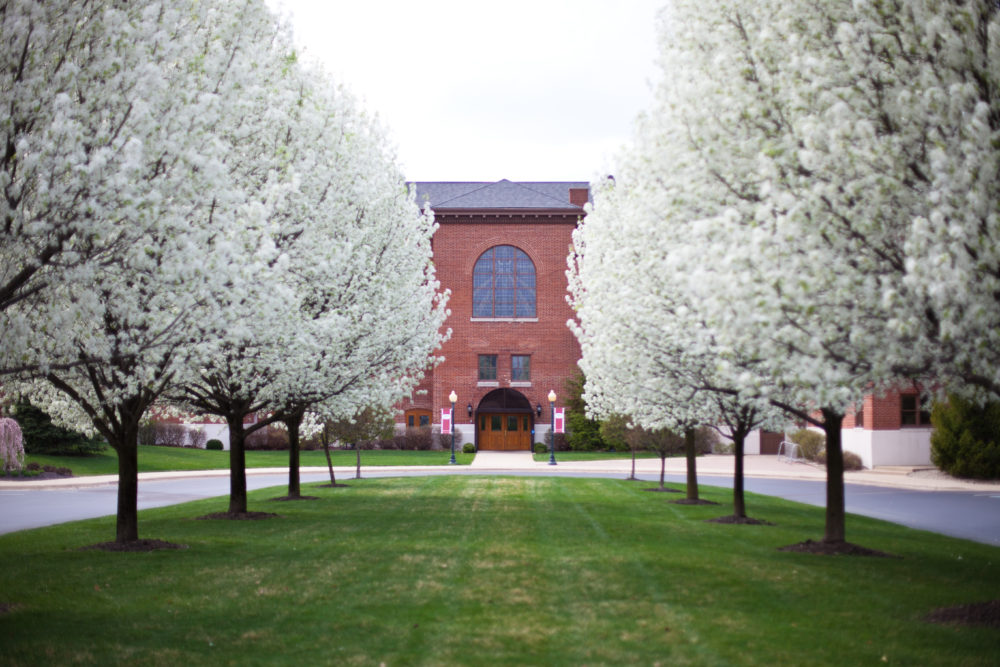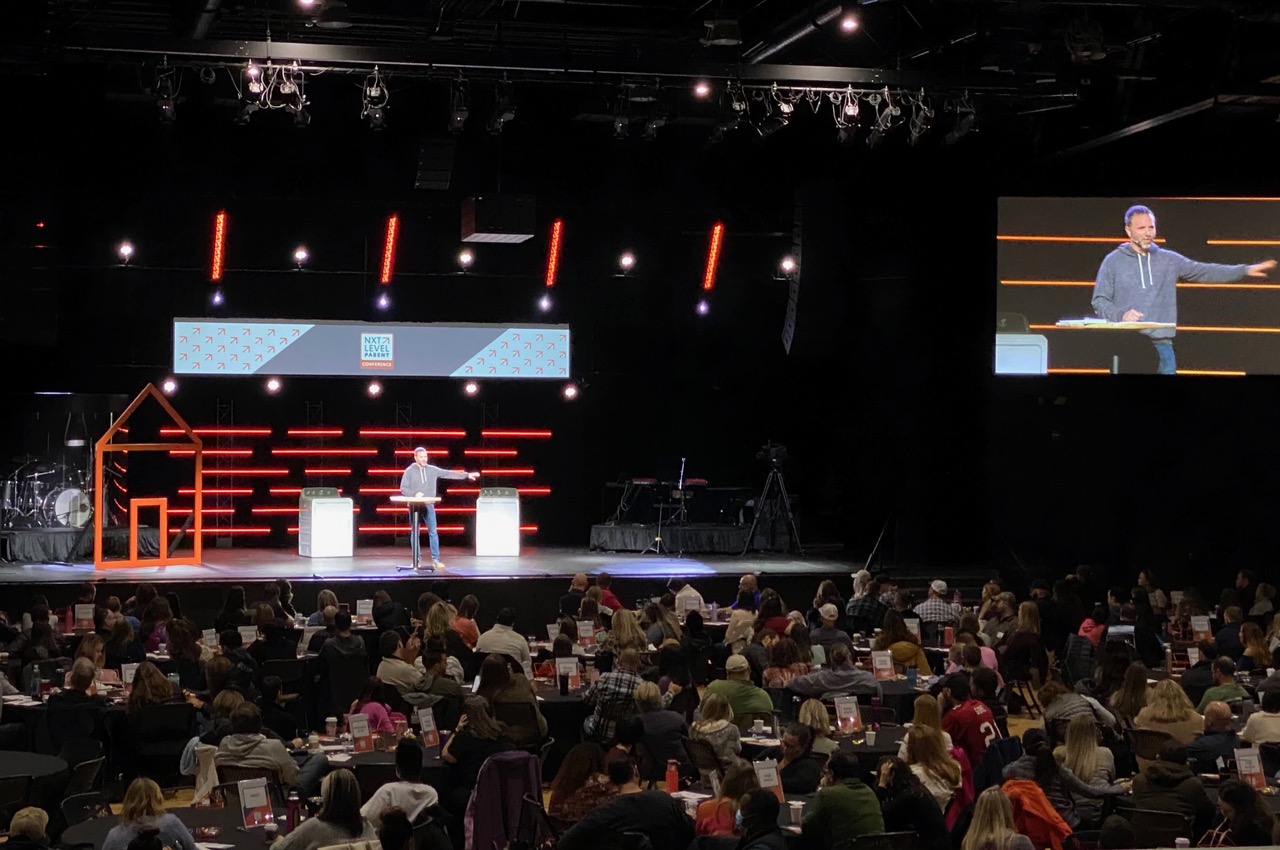February 26, 2021
Biblical Exegesis in the Context of Spiritual Community: Q + A with Dr. Kimberley Kroll
Written By Grace Theological Seminary
Tagged With Master of Divinity Gabe Tribbett Alumni Stories
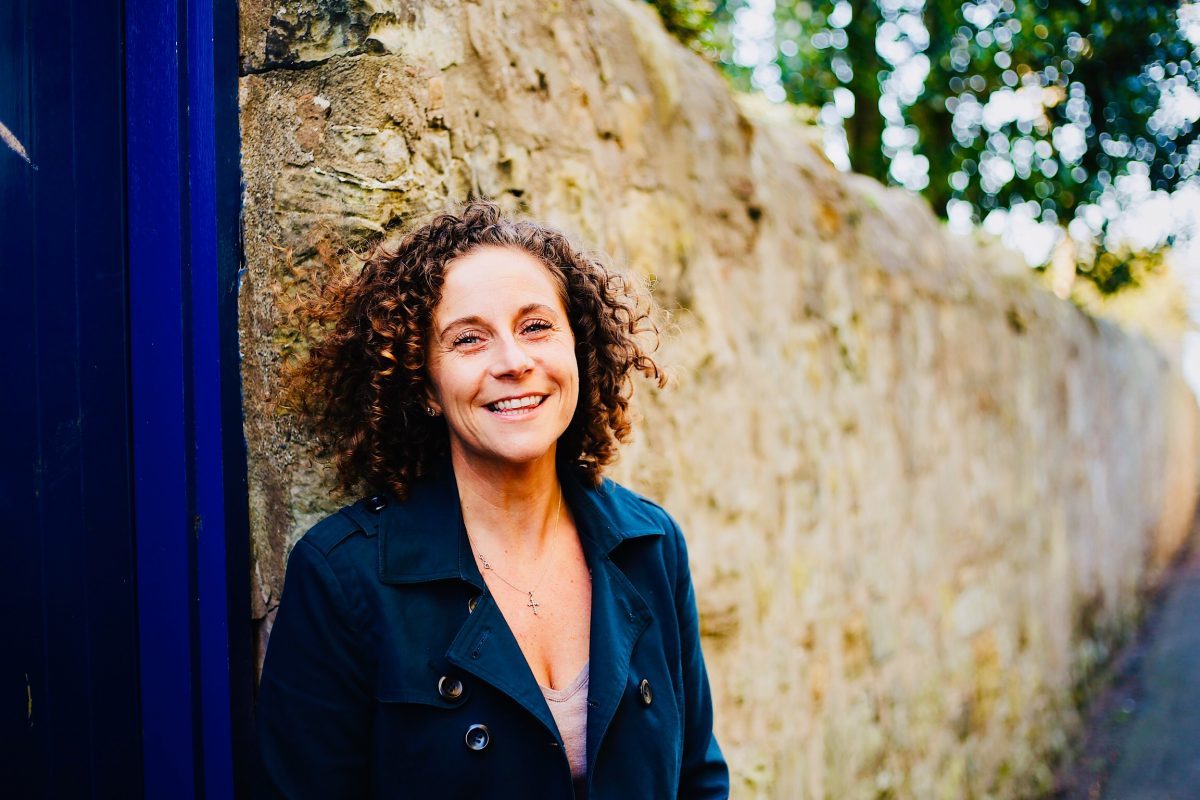
Dr. Kimberly Kroll serves as Literature Teacher at The Stony Brook School in Stony Brook, New York and as a faculty member in the Deploy program at Grace Theological Seminary.
Kim holds a B.A. in Philosophy and Literature from Queens College and an M.Div. in Exegetical Study from Grace Theological Seminary. After graduating from Grace Seminary, Kim earned an M.A. in Philosophy from Biola University and a Ph.D. in Exegetical and Analytical Theology from the University of St. Andrews in St. Andrews, Scotland.
Kim was acknowledged in 2019 for her diligence in biblical exegesis and received the Grace Theological Seminary Young Alumna of the Year. She remains connected to Grace Seminary and enjoys equipping students through Deploy.
We sat down and asked Kim about her experiences in seminary and beyond.
Why did you go to seminary for biblical exegesis?
After coming to believe that God is real and the Bible is true, I wanted to dedicate myself to learning the Scriptures through biblical exegesis so that I could know God and understand his word. So, I went to seminary! In seminary, I learned so many beautiful things about the Lord and his word. Seminary became a season of worship for me—education at Grace was holistic and character-forming—and I was shaped not only by classes but even more so by the context in which I was learning, serving, mentoring, and being mentored. The faculty of Grace Seminary equipped my mind with knowledge and tools, but they also impacted my heart. Through Grace, God began dealing with the various layers of my heart and life, deepening my faith and intellectual understanding, and immersing me in a genuine spiritual community where transformation takes place.

How did Grace Seminary equip you for a career in the academy?
At Grace, I learned life-on-life ministry, which is something that flows into everything I do, regardless of context or role. The theological training that I received from Grace Seminary has proven foundational, not only complementing and correcting aspects of my prior training in philosophy but guiding me through my subsequent M.A. and Ph.D. studies. In particular, the training that I received in Greek and Hebrew was first class and has been invaluable for my post-seminary biblical exegesis studies and ministry. I learned how the languages work and gained knowledge and skills that have served as an armor of God protecting me from being theologically tossed to-and-fro by the prevailing ideas and pressures of the academy.
“I had the privilege of having Kim Kroll as a student as well as being part of the same small group at church. I saw firsthand how she used her considerable intellectual gifts and heart for discipleship to minister to others. She has a gift for speaking the truth in a way that is clear and direct, while at the same time connecting relationally with people.” Dr. Matthew S. Harmon, Professor of New Testament Studies
How did studying at Grace Seminary equip you for frontline ministry?
Seminary provided a model for life-on-life ministry. Grace faculty also taught me some important lessons—for instance, Dr. Matt Harmon showed me the simplicity of doing ministry as a follower of Jesus—I am called to be a faithful witness regardless of my context. Dr. Roger Peugh modeled the value of praying for someone immediately, in the moment, as the Spirit prompts me. I learned that intercession postures us to reflect Christ as a mediator, going to the Father and asking Him to draw near to us and those we intercede. Dr. Christy Hill showed me the importance of spiritual community and vulnerability—both of which were really hard for me at first.
As a woman, I experienced great encouragement and consistent empowerment from Grace Seminary faculty. They never made me feel like a second-class theologian or ministry leader. This provided me with confidence and courage rooted in my identity as a daughter of God, which has been essential to pursuing academic disciplines that so few women ever do. Oh, and I also had faculty who bought me books to help stock my theological library.
“Kim is a very balanced theologian and practical philosopher. She cares deeply about the soul and engages in community so that the ‘one anothers’ are part of her lived experience. I appreciate that she communicates with deep passion rooted in a sweet humility that leaves the fragrance of Christ wherever she goes.” Dr. Christine Hill, Professor of Spiritual Formation.
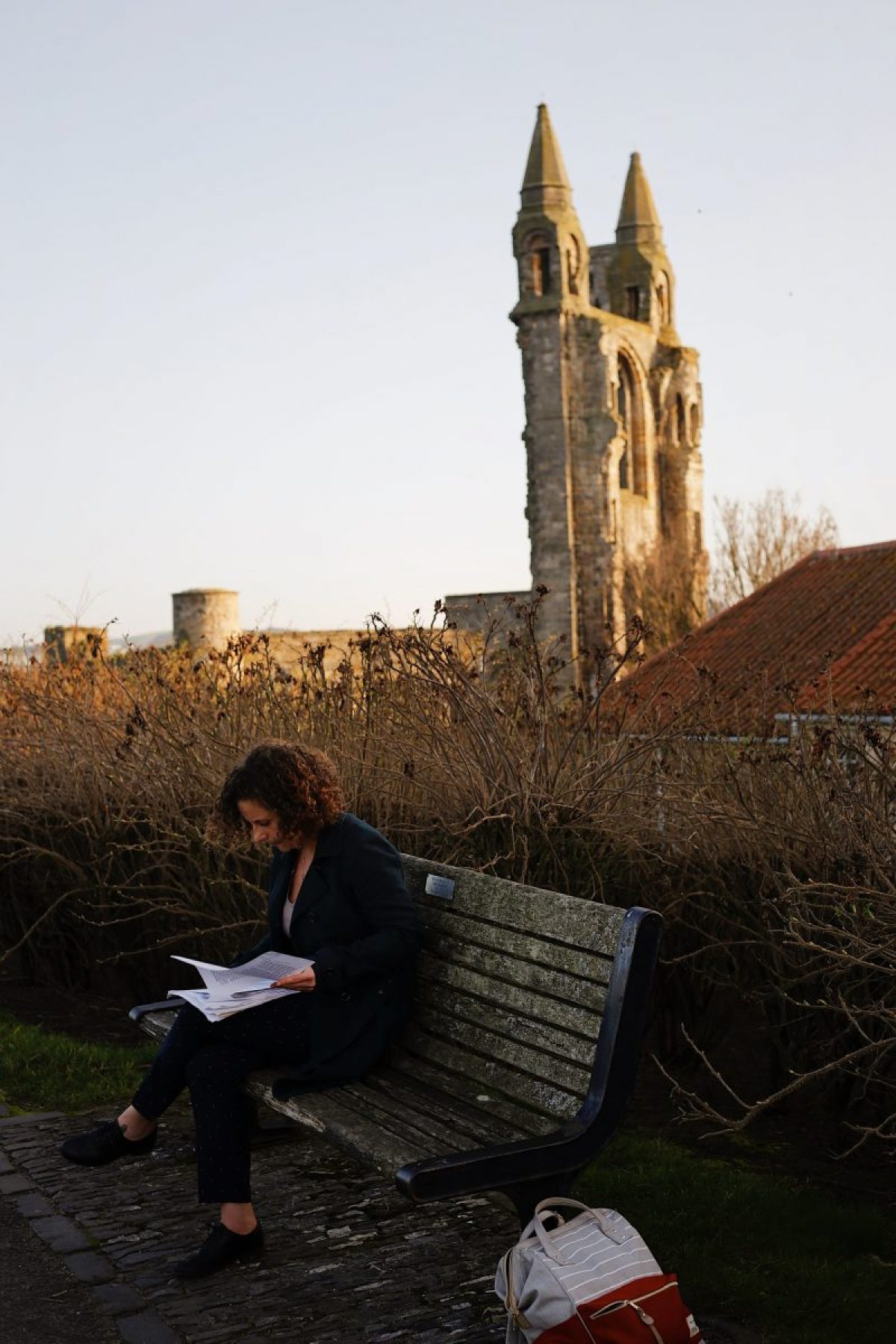
What advice would you give an incoming seminary student?
You need the Spirit’s help in everything—whether in learning through biblical exegesis or applying what you learn. You must regularly seek his illumination to understand and apply truth, regardless of whether academic or devotional.
Recognize that you don’t know everything and you won’t leave seminary knowing everything. You’ll never know everything, so embrace the posture of a learner who serves an infinite God. God knows everything, and he can handle your questions, fears, and misunderstandings.
Pray that God will not only guide and protect you in truth, but that he will guard you from teaching misunderstanding to others. Knowledge and discernment are given as a means of loving and serving others, rather than self, and humbly seeking God’s favor to avoid passing on misunderstanding is so crucial.
What advice would you give an outgoing seminary student?
First, you are not the Shepherd, Jesus Christ is—remember that we are all sheep who need the guidance of the Good Shepherd. Second, when leading others, you shouldn’t answer all the questions—you aren’t supposed to have all the answers, but you can help others to know where to find the answers and how to wrestle with and trust the One who has them. Third, pray! God doesn’t need you to win fights for him. But he wants to use you and you need his help in everything.
“Dr. Kroll has played a vital part in my education, taking the time to know me and my strengths, so she could better equip me for ministry. Her depth and insight on both an academic and spiritual level have been empowering to me as her student. It has been a joy to study under her during this season.” Misty L., Deploy Student
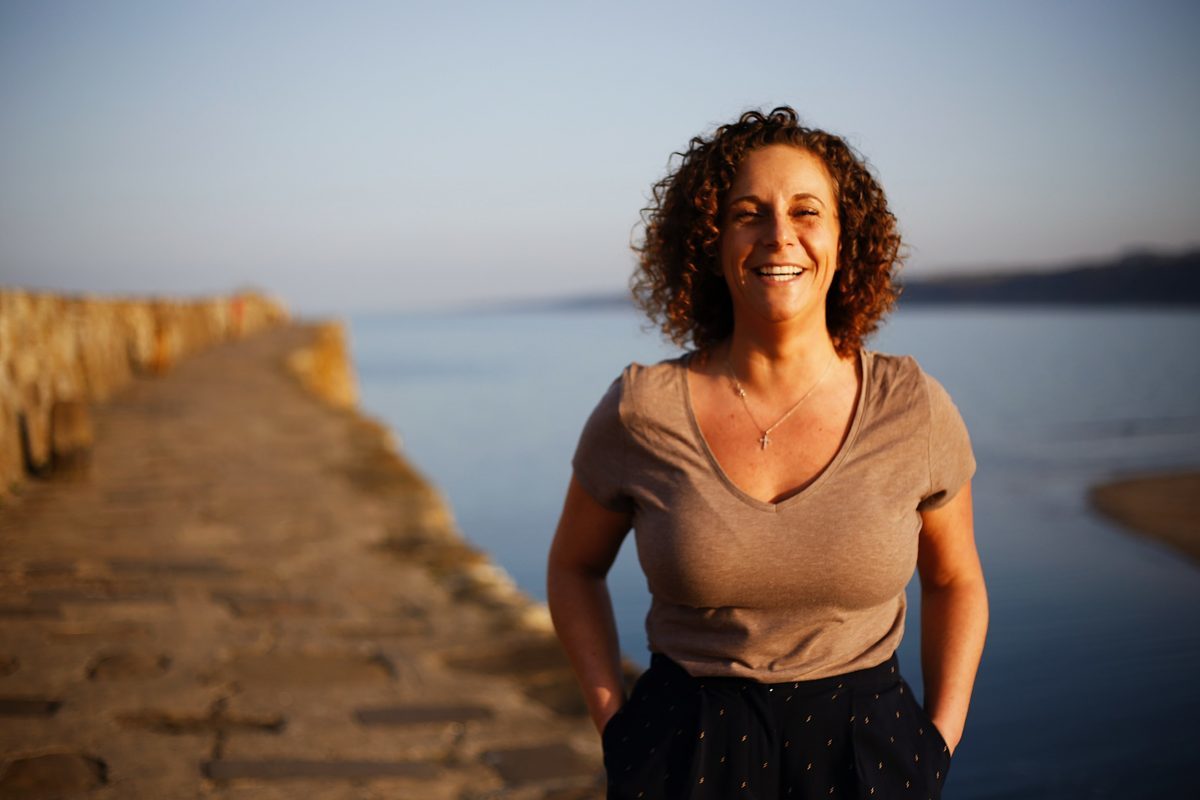
What did you most appreciate about Grace Seminary?
I learned many things, in particular, I gained a solid understanding of the history of the biblical text and how to use linguistic tools to better understand God’s word. My favorite biblical exegesis class was biblical backgrounds because it taught me how to draw the meaning of the text out of its historical context.
What did you find most challenging about seminary?
Academically, I soaked up seminary; so while it was intellectually stimulating, learning was not difficult for me. I loved learning. What I found most difficult was that I felt out of place, in large part due to where I was at in my spiritual journey and the sub-culture that I came out of was radically different than the conservative Midwest. Yet God knew what I needed. People at Grace pursued me, which felt uncomfortable at first, but God used it to show me what biblical community looked like. God used Grace Theological Seminary to teach me about identity in Christ and helped me embrace my own uniqueness in ways that equipped me to serve the kingdom and community around me.
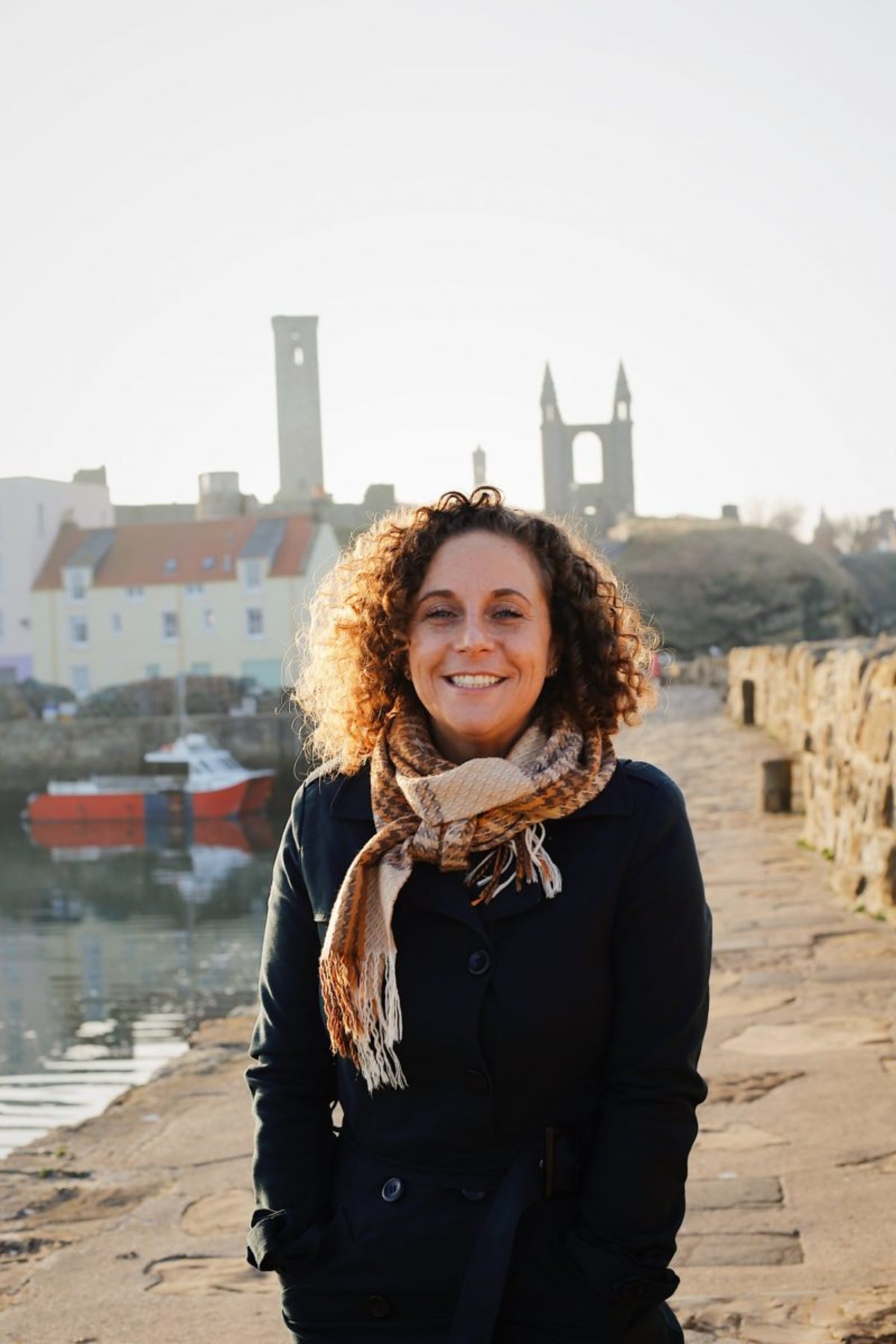
What ideas shaped you most during seminary?
Studying illumination and the noetic effect of sin provided an unexpected start of my journey in understanding the role of the Holy Spirit indwelling us and helping us to overcome the effect of sin upon our minds. This would provide a path for my future studies in both the M.A. and Ph.D. levels.
Dr. Harmon’s Biblical Theology course was incredibly powerful. He assigned reading from Herman Ridderbos on justification and its implications—I was enamored with the notion of the “righteousifying” effect that the act of justification brings about in the work of sanctification, whereby in being judicially declared righteous, I am continually being transformed into a righteous person, reflecting in my life what is true of me positionally in Christ.
What is something funny that happened while you were at Grace?
Prior to starting seminary, I was invited to a dinner for prospective students and one of my table-mates was Dr. Bill Katip, the President of Grace College & Theological Seminary. We struck up a conversation and at one point, I asked him, “Are you a new seminary student, too?” Everyone at the table got quiet, and then someone looked over and laughed. Dr. Katip said, “No, I’m not in seminary, I’m the Provost.” To be honest, I didn’t even know what a provost was, but I knew I had stuck my foot in my mouth. Shortly thereafter, Dr. Katip invited me to apply for a job opening on campus and I started seminary not long after.
Do you want to encounter God through biblical exegesis and be equipped by a genuine learning community with knowledge, tools, and life-on-life strategies like Kim? Learn more about the divinity studies options at Grace Theological Seminary.
To hear more of Kroll’s story, listen to Dr. Drew Flamm’s conversation with Kroll on the Grace Story Podcast.
Gabe Tribbett
Gabe is the Director of Deploy, a Competency-Based Theological Education program. He gives oversight to the operations and student support of the Deploy program.
Share
Tagged With Master of Divinity Gabe Tribbett Alumni Stories
